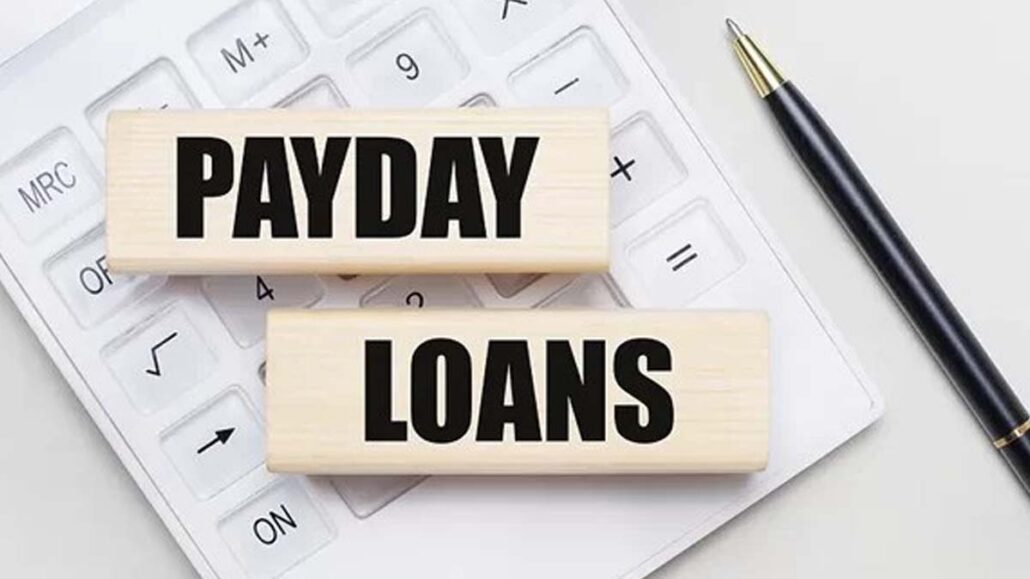How much would a $1000 Payday loan cost? Need a quick $1000? Payday loans seem like a tempting solution, but understanding the true cost is crucial before you borrow. This guide will break down everything you need to know about $1000 payday loans, including hidden fees, repayment terms, and the dangers of the payday loan cycle.

What is a Payday Loan?
A payday loan is a short-term, high-cost loan intended to bridge a financial gap until your next paycheck. You typically borrow a small amount (usually a few hundred dollars) and repay it, with interest and fees, on your next payday.
To get a payday loan, you write a post-dated check for the loan amount plus fees. The lender holds the check and gives you the cash. When your payday arrives, you either repay the loan in full with cash or allow the lender to cash your check.
How Much Does a $1000 Payday Loan Cost?
While a $1,000 payday loan might seem helpful upfront, the fees can quickly turn it into a much bigger burden. Here’s what you need to consider:
- Fees: Payday lenders typically charge a flat fee for each $100 borrowed. For a $1,000 loan, this could range from $100 to $300, depending on your state’s regulations.
- APR (Annual Percentage Rate): The fees associated with payday loans translate into a staggering APR (Annual Percentage Rate), often exceeding 400%. This means the total cost of borrowing $1,000 for just two weeks could be hundreds of dollars more than the initial loan amount.
Example: Breakdown of a $1,000 Payday Loan with a 400% APR:
- Loan Amount: $1,000
- Fee: $150 (common fee, may vary)
- Total amount due in 2 weeks: $1,150
- APR: 400% (representative rate, can vary)
The Risks of Payday Loans
- Debt Trap Cycle: Many borrowers struggle to repay the full amount by the due date, leading them to take out another loan to cover the first one, and so on. This creates a cycle of debt that can be difficult to escape.
- Damage to Credit Score: Missing payments on payday loans can negatively impact your credit score, making it harder to qualify for future loans with better terms.
- Bank Account Issues: If you can’t repay the loan, the lender may attempt to cash your check, leading to overdraft fees and potential bank account closure.
Alternatives to Payday Loans
Before resorting to a payday loan, consider these alternatives:
- Negotiate with Creditors: Talk to your bill providers and see if they can offer a payment extension or hardship plan.
- Cash Advance on a Credit Card: While credit card interest rates are high, they are typically lower than payday loan APRs. However, this option requires responsible credit card use and a repayment plan.
- Personal Loan: Consider a personal loan from a bank or credit union. These loans typically come with lower interest rates and longer repayment terms compared to payday loans.
- Sell Unused Items: Do you have belongings you no longer need? Selling them online or through a pawnshop can provide quick cash.
Remember, Payday loans should be a last resort. Carefully explore all available options before committing to a high-cost loan.
FAQs
Can I get a $1000 loan with bad credit?
Some lenders offer personal loans for borrowers with bad credit. However, you’ll likely face a higher interest rate.
What are the alternatives to payday loans?
As mentioned above, consider negotiating with bill providers, cash advances (with caution), personal loans, or local assistance programs.
What happens if I can’t repay a payday loan?
Non-payment can lead to heavy fees, rollovers, bank charges, and damage to your credit score.
Are there any regulations on payday loans?
Regulations on payday loans vary by state. Some states have limitations on fees and loan amounts.
What is the APR for a payday loan?
Payday loans typically have APRs exceeding 400%.
Conclusion
While a $1,000 payday loan might offer temporary relief, the high fees and APR can trap you in a cycle of debt. By understanding the true cost and exploring alternative solutions, you can make informed financial decisions and avoid the pitfalls of payday loans.

